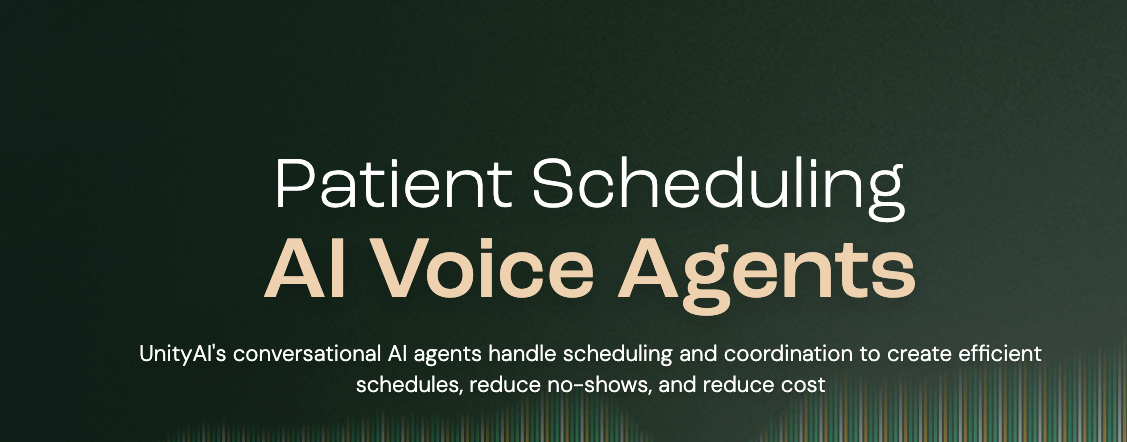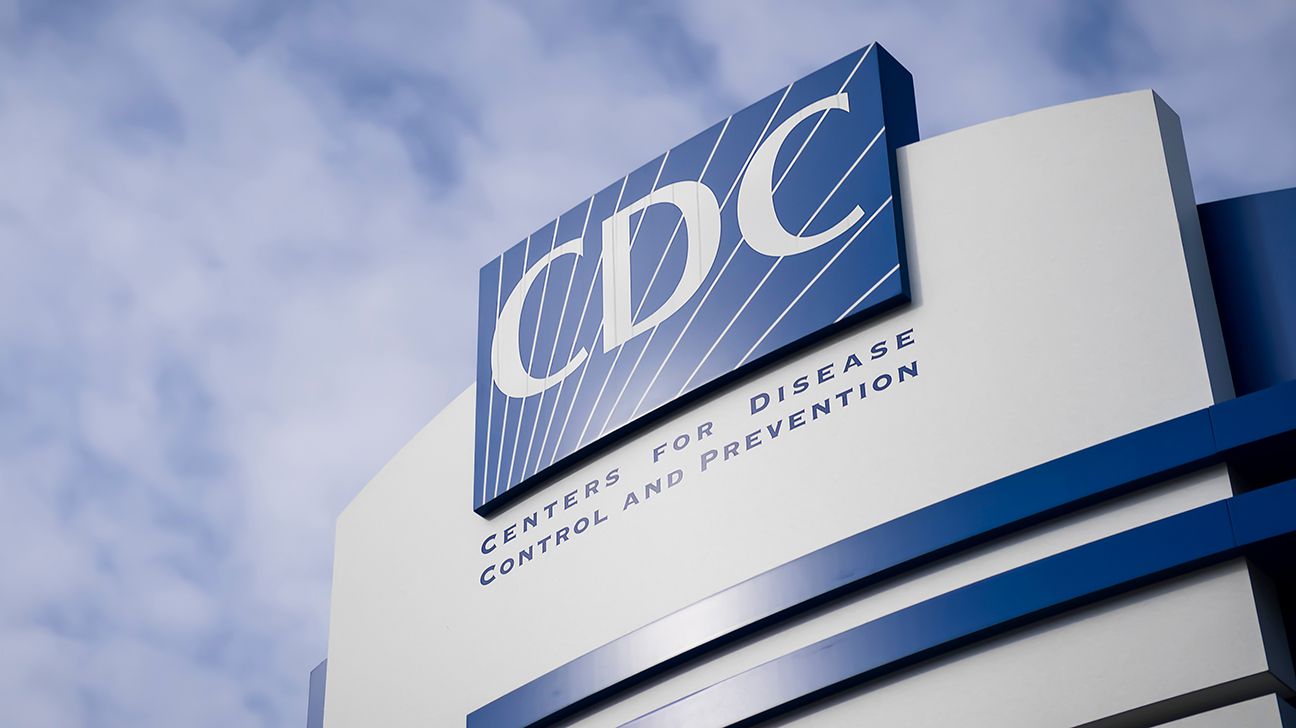Health Care | Vox – Read More

This week in “science” according to politicians, President Donald Trump and Health Secretary Robert F. Kennedy Jr. are now warning pregnant women to avoid Tylenol — yes, Tylenol — because of its supposed link to autism. Never mind that there’s no strong scientific evidence to back that up. It’s just the latest example of a clear trend in this administration: ideology-first policymaking.
Last week, a low-profile but high-stakes meeting on the country’s vaccine guidance flew under the radar, but there was major drama — and again more ideology on display than science.
Kennedy’s handpicked vaccine advisory committee met to update the schedule recommended to millions of parents across the US.
The meeting was chaotic and confusing — even to some of the Advisory Committee on Immunization Practices members. “I’m not sure what I’m voting on,” said Cody Meissner, one of its members. By the end of a grueling two-day session, the results were mixed. The committee walked back its previous recommendation of the Covid vaccines and postponed a vote that would delay the first vaccination for hepatitis B in newborns. But it did recommend that children under 4 years old shouldn’t get a combined MMRV shot — and should instead get separate ones for MMR and chickenpox, or varicella.
The chaotic meeting underscored our fractured state of public health guidance and what it means for our future. If even top government health officials can’t agree on immunizations, how are parents supposed to know what’s best for their kids?
To untangle all of this, we spoke with Dr. William Moss, a former pediatrician and professor in the Department of Epidemiology at the Johns Hopkins Bloomberg School of Public Health and the executive director of the International Vaccine Access Center. We get into the history of vaccination schedules, why countries can’t agree on the same one, and how public health officials should build trust with vaccine-hesitant parents.
“The way I kind of look at it when I put my pediatrician’s hat on is that all parents want to do what’s right for their child. “But,” Moss told Today, Explained co-host Noel King, “sometimes the risk of the disease can be underestimated. And that’s a large part due to the success of vaccines and the fact that we don’t see many of these vaccine diseases anymore.”
Below is an excerpt of their conversation, edited for length and clarity. There’s much more in the full podcast, so listen to Today, Explained wherever you get podcasts, including Apple Podcasts, Pandora, and Spotify.
When and why did we first start thinking that kids should be getting vaccines on this unified schedule?
There’s actually a long history of guidance on immunizations here in this country, and it’s gotten obviously more complicated as more vaccines have been introduced, but you can trace it all the way back to the 1930s when the American Academy of Pediatrics started issuing guidance on childhood vaccines.
At that time, it was really just the smallpox vaccine, diphtheria, tetanus, and pertussis vaccine. Then, as more vaccines got added: In the mid-1950s, the inactivated polio vaccine, in the early 1960s, the measles vaccine, and the oral polio vaccine. It was recognized that we needed experts to think through what the appropriate schedule should be for children.
And so in 1964, the Advisory Committee on Immunization Practices was established. For many years, they issued ad hoc recommendations, and the American Academy of Pediatrics continued to issue its own guidelines. But in the mid-1990s, ACIP got together with the American Academy of Pediatrics and issued what is really considered the first unified immunization schedule for children.
I don’t know if you were around and working in the field in 1995, but I would imagine that the feeling at the time was, “Okay, we are now organized. We have this under control. Everybody’s gonna be more or less following the same rules.” Do I have that right?
Yes, I think there was. I was in my early days of my pediatric training in 1995. There was a recognition that we needed to have this unification of the immunization schedule or standardization of this immunization schedule. And it was really bringing together the key expert groups, getting them aligned. There were some differences before that, which created some confusion, so having this unified immunization schedule in the mid 1990s was a big advance.
“When I put my pediatrician’s hat on, I see parents who want to do what’s right for their child. But what I also see sometimes is that the risk of the disease can be underestimated.”
You’ve worked throughout the world, and so you know that these vaccine schedules differ, even across developed countries. If the schedule that we have here in the US is what is best, why do Denmark and the UK have different schedules for childhood vaccinations?
The way I would think about it is that there’s not one true, you know, “the best” immunization schedule. These immunization schedules involve trade-offs. So, for example, one thing of big consideration is just the disease burden, the epidemiology of a particular disease. How big of a problem is it in a particular country? What age group is most impacted by that disease? Is it multiple doses or a single dose of a vaccine? Can the vaccine doses be aligned so that you can minimize the number of healthcare visits?
And then there are economic considerations: the cost of the vaccine. Who’s paying for the vaccine in that setting? The UK and the United States have very different health care financing systems, so that can drive differences in decisions.
You can see that not having one right answer gives people pause.
Yeah, I can understand that, but I don’t think it should. I think people can understand that, in many things in life, there’s not one right answer. That opens the door for some flexibility. If a parent wants to space out a vaccine, they can do that in consultation with their health care provider. There are risks, obviously, in delaying vaccination because then their child is at risk for that disease during that longer period before they’re vaccinated.
Vaccines and their schedules have become highly contentious, with a lot of confusing and unhelpful noise out there. It’s not surprising that many well-meaning parents feel overwhelmed and uncertain. One common question I keep hearing is: Are infants getting too many vaccines at once? How should parents realistically approach and think about this question?
There are a couple of things nested within that. One is just seeing their child get multiple injections with a needle at the same time, knowing that that causes their child discomfort. And I think that is part of it. Sometimes parents are concerned — and this is where the evidence is less supportive — that their child’s immune system is being exposed to too much at one time. I don’t think there’s any kind of biological or immunological basis for that. Our bodies are being exposed to foreign antigens, as we call them, all the time.
It’s very important for those of us in public health and certainly those on the front line, administering vaccines, to listen to parents, to hear their concerns, but to also try to allay unfounded fears.
There has been a drawing of sides here that seems very unfortunate to me. For example, if you have questions about the vaccine schedule, people might say, “You’re a conspiracist. You’re a threat to public health. You’re a threat to my kids.” If you feel comfortable with the existing science around vaccines, then you’re participating in a broken system. You’re not asking the kinds of questions you should ask on behalf of your kids. What do you make of this divide?
When I put my pediatrician’s hat on, I see parents who want to do what’s right for their child. But what I also see sometimes is that the risk of the disease can be underestimated. And that’s a large part due to the success of vaccines and the fact that we don’t see many of these vaccine-preventable diseases anymore.
Is there any room for improvement on our childhood vaccine schedules? The design of them, the way that they’re updated, the messaging around them? Or is everything being done exactly right?
I would certainly say not everything’s being done exactly right, and there’s always room for improvement. But what I’ll emphasize is — what’s really important — is that process by which the immunization schedule is reviewed and updated. That’s so critical to making sure that good, sound decisions are being made and to ensure the trust in those decisions.





